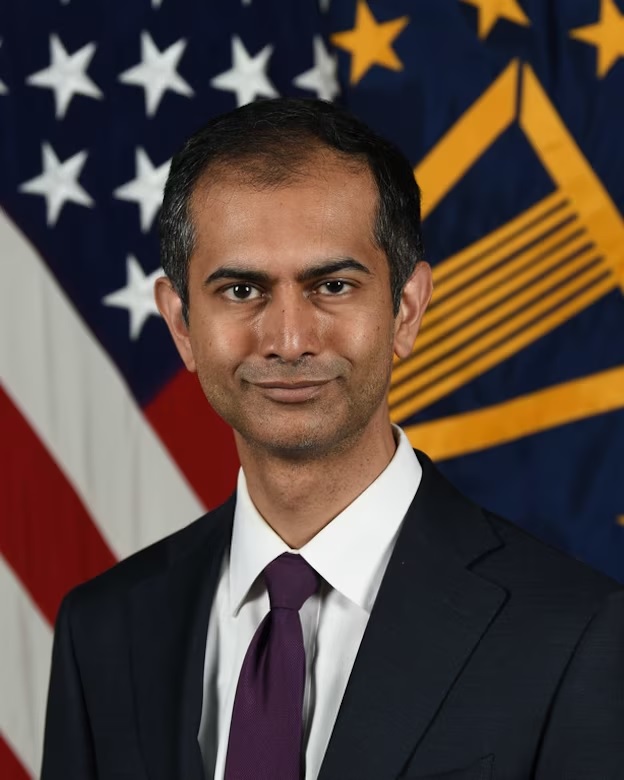The islands nations of the Pacific play a critical role in the U.S strategic vision for the Indo-Pacific region, said Siddharth Mohandas, the deputy assistant secretary of defence for East Asia.
Mohandas testified before the Senate’s Energy and Natural Resources Committee on the national security implications of the Compacts of Free Association with the Republic of Palau, the Federal States of Micronesia and the Republic of the Marshall Islands.
Speaking alongside witnesses from the State and Interior departments, he told the committee that the compacts are proof to the nations that the U.S commitment to them is “ironclad.”
Congress is working to renew the compacts the United States has with these Pacific nations. The compacts are up for renewal this year.
“The compact renewal comes at a time of unprecedented U.S commitment to the Pacific Islands,” Mohandas said.
He noted that last year the Biden administration released the first Pacific Partnership Strategy, which prioritised broader and deeper engagement with the Pacific Islands. It also stated that the successful conclusion of the compact negotiations is a key objective.
The compacts define the relationship between the United States and the island nations. On defence, the compact allows the U.S to operate in, and be responsible for protecting, the nations of the vast Pacific region. Of note, citizens of the compact nations, or Freely Associated States, serve in the U.S armed forces. In fact, the Federated States of Micronesia has a higher enlistment rate per capita than any U.S state.
China is seeking to supplant the United States in the region and is eyeing the compact states. China’s leaders seek to overturn the rules-based international order that has maintained peace in the region since World War II.
“The most comprehensive challenge we face … is [China’s] coercive and increasingly aggressive effort to change the status quo of the Indo-Pacific region and the international system to align with its interests,” Mohandas said. “[China] seeks to challenge U.S alliances and partnerships in the Indo-Pacific and leverage its growing capabilities — including its economic influence — to coerce its neighbors and threaten their interests.”
The United States is pushing forward with the Pacific Partnership Strategy in conjunction with regional allies.
“We have made great progress toward renewing the compact agreements, and we’ve appreciated recent opportunities to engage with both Congressional members and staff on the importance of the renewal,” Mohandas said.
“The defence rights guaranteed by the compact agreements provide security not only for the compact states, but for the broader Pacific Islands region and for the U.S homeland, as well.”
Having the compacts in place is vital to DOD’s ability to deter aggression and, if necessary, prevail in conflict, ensuring peace, security and stability in the Indo-Pacific, he said.
The compacts demonstrate the United States’ long-term commitment to Pacific Island partners. They also provide value across priority areas like assured access for bilateral and multilateral training, exercises and force posture.
“The assured access guaranteed by the compact agreements protects the strategic approaches of the United States and allows us to operate freely in critical terrain in the Pacific,” he said.
There are important bases in the region thanks to the compacts, including the U.S Army’s missile defence testing site at Kwajalein in the Marshall Islands.
“We have also engaged in construction of the tactical multimission, over-the-horizon radar in Palau and the Department of Defence is working towards designating further key defence posture sites in Palau as well as in the Federated States of Micronesia to facilitate agile combat employment for the U.S. Air Force,” Mohandas said.
SOURCE: U.S DEPARTMENT OF DEFENCE/PACNEWS














